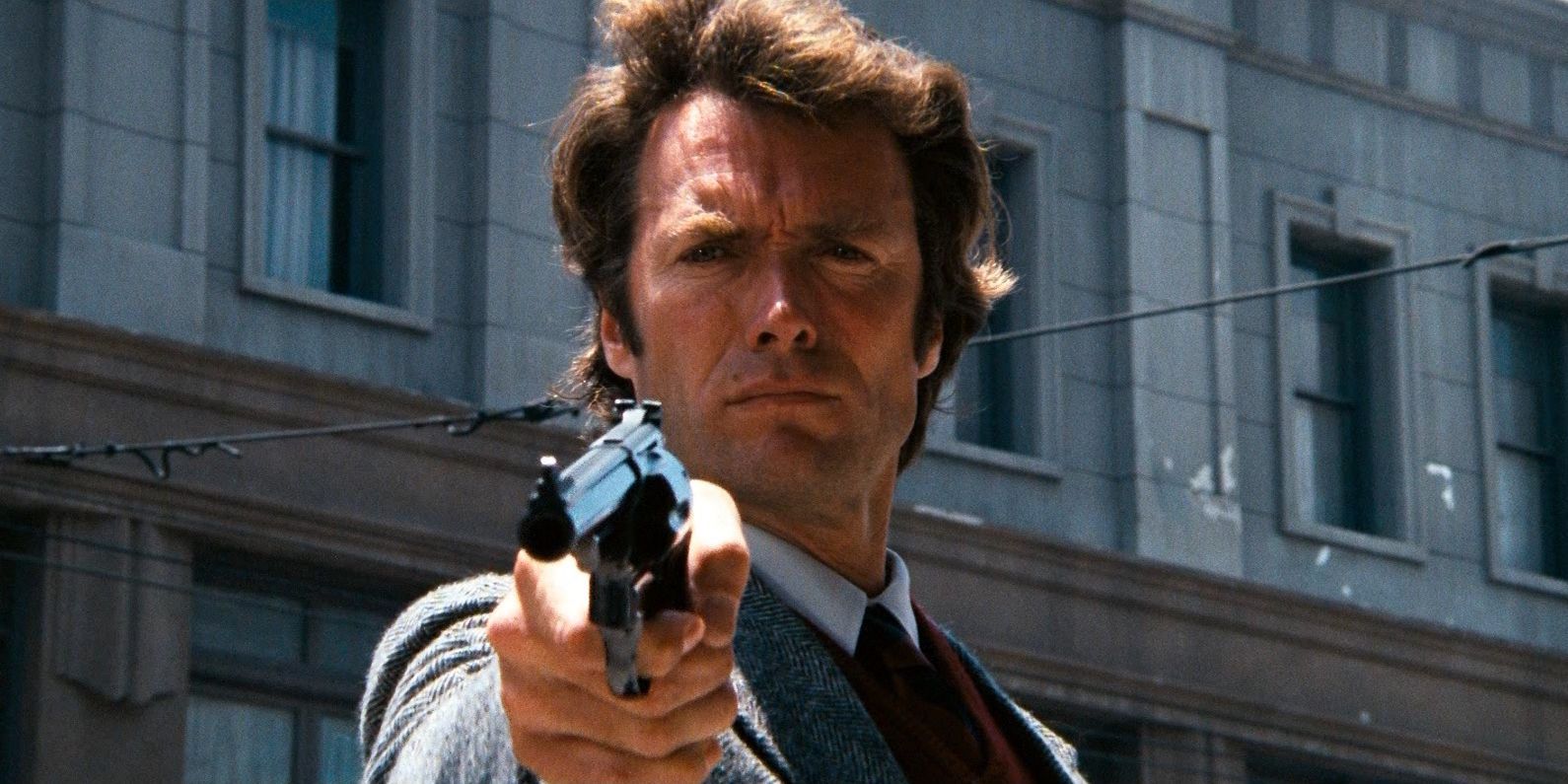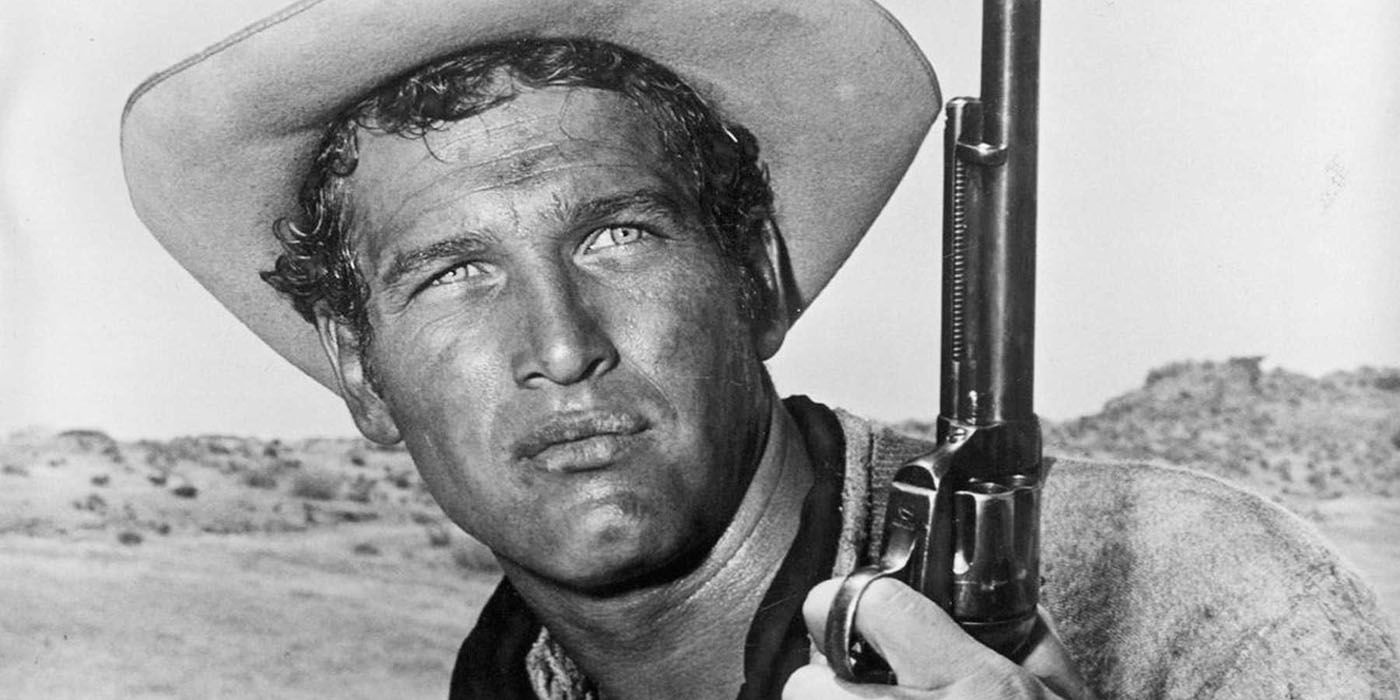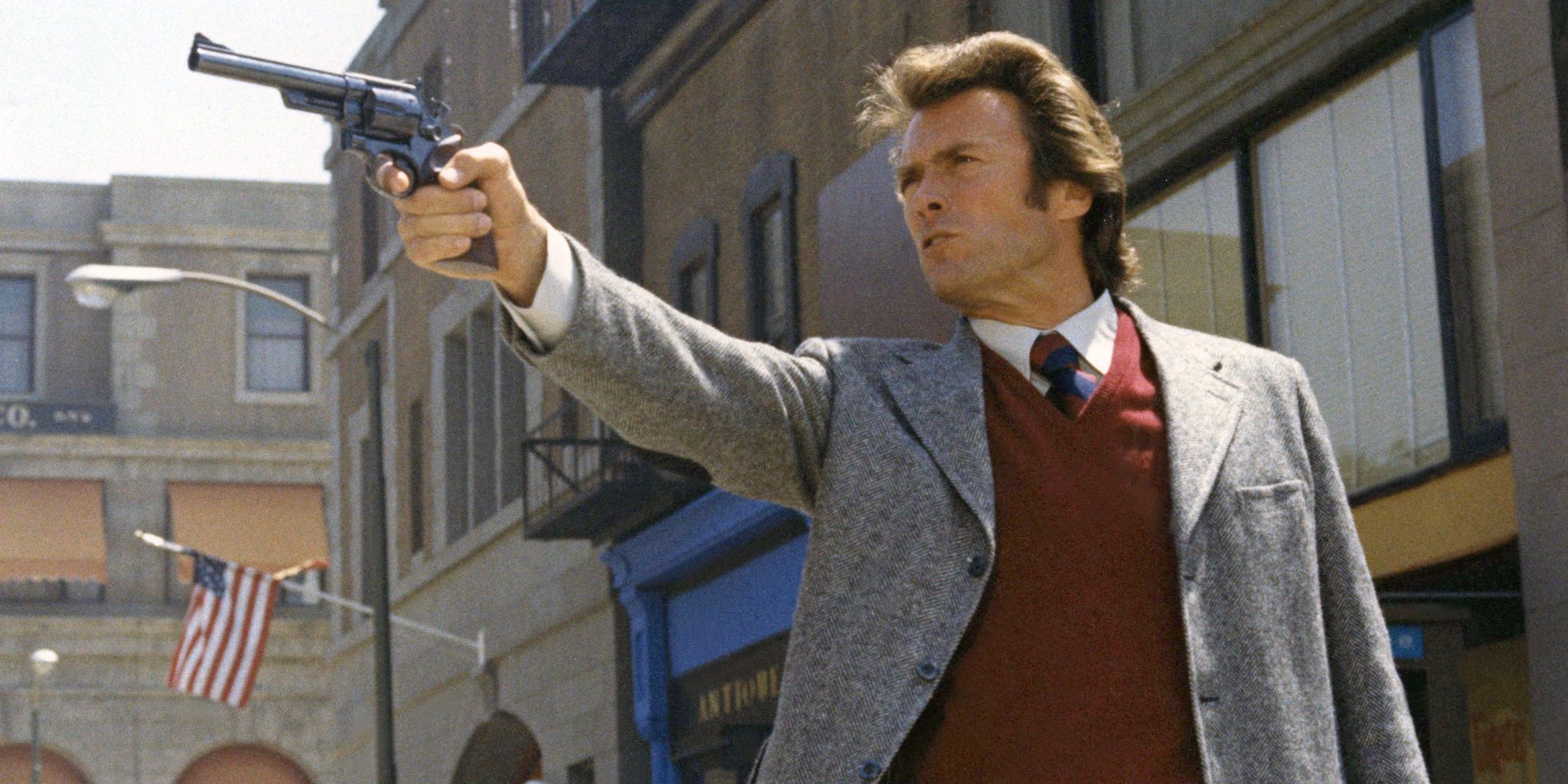If you’ve never seen a classic Western before, you’re in for a treat. These films are not just about gunslingers and dusty deserts, they are a celebration of the human spirit and the American identity.
From the spaghetti Westerns of Sergio Leone to the traditional Hollywood Westerns of John Ford, there’s a Western out there for everyone. Here’s a list of some of the best classic Westerns to start with if you’re new to the genre.
11Stagecoach (1939)
![John Wayne (in western attire) as The Ringo Kid in John Ford's 1939 film Stagecoach.]() United Artists
United Artists
Stagecoach is a classic Western film directed by John Ford and released in 1939. Starring a young John Wayne, the film tells the story of a group of travelers who embark on a perilous journey through hostile Indian territory aboard a stagecoach. Along the way, they must contend with outlaws, harsh weather, and their own personal demons. The film’s ensemble cast includes Claire Trevor as Dallas, a prostitute with a heart of gold, and Andy Devine as Buck, the stagecoach driver. Stagecoach is widely considered to be one of the greatest Westerns of all time, and it established John Wayne as a leading man in Hollywood. The film’s iconic score, breathtaking landscapes, and thrilling action sequences have cemented its place in cinematic history. If you haven’t seen this masterpiece yet, you’re in for a treat!
10High Noon (1952)
![high-noon-street-1952-united-artists]() United Artists
United Artists
Directed by Fred Zinnemann, High Noon is a classic 1952 western film starring Gary Cooper as Will Kane, the Marshall of Hadleyville. The film is set in the American West in the late 19th century, and tells the story of Kane, who must confront a gang of outlaws alone after the rest of the town decides to abandon him. High Noon is a gripping tale of moral courage and the cost of standing up for what’s right in the face of overwhelming odds. The film’s iconic theme song, “Do Not Forsake Me, Oh My Darlin’”, written by Dimitri Tiomkin and Ned Washington, adds to the tension and drama of the story. High Noon is a true classic of the Western genre, and is widely regarded as one of the best films of all time. It is noted for its tight storytelling and its powerful performances, particularly from Cooper, who gives a career-defining performance as Will Kane.
9The Searchers (1956)
![The Searchers]() Warner Bros.
Warner Bros.
The Searchers, a classic Western film directed by John Ford, stars John Wayne and tells the story of a man named Ethan Edwards who, along with a group of men, set out to find his niece who has been kidnapped by Comanche Indians. As they search for the missing girl, they must also confront their own personal demons and grapple with the harsh realities of the frontier.
The film is widely regarded as one of the greatest Westerns ever made, and it has had a huge impact on the genre. John Wayne gives a powerful and iconic performance as Ethan Edwards, a complex and morally ambiguous character who is driven by his own sense of justice and revenge. The film’s beautiful cinematography and richly drawn characters make it a must-see for any fan of Westerns or classic American cinema.
RELATED:6 Western Movies That Define The Genre
8Rio Bravo (1959)
![Rio Bravo movie with John Wayne]() Warner Bros.
Warner Bros.
The classic Western film Rio Bravo, directed by Howard Hawks, stars John Wayne as Sheriff John T. Chance, the tough and determined lawman of the small Texas border town of Rio Bravo. When a wealthy rancher’s brother is thrown in jail for murder, a powerful outlaw named Nathan Burdette (John Russell) tries to spring him from jail and silence the only witness. But Sheriff Chance won’t be intimidated and enlists the help of a drunken former deputy, a gambler, and a young gun to defend the jail and the town from Burdette’s thugs.
The movie was a huge box office success, and it has since become a beloved classic, revered for its performances, direction, and tight, suspenseful storytelling. The film features memorable performances by Wayne, Dean Martin, Ricky Nelson, and Walter Brennan. Rio Bravo is an enduring work of the Western genre and it’s a must-see film for any fan of the genre or of classic Hollywood cinema.
RELATED:These Are The Best John Ford Films, Ranked
7The Magnificent Seven (1960)
![the magnificent seven]() United Artists
United Artists
Directed by John Sturges, The Magnificent Seven is an American western film starring Eli Wallach, Yul Brynner, and Steve McQueen. The movie is a remake of Akira Kurosawa’s 1954 film Seven Samurai, and tells the story of a group of seven American gunfighters who are hired to protect a small village in Mexico from a band of ruthless bandits. The seven men, each with their own unique skills and reasons for joining the mission, set out to defend the village and its inhabitants, facing off against overwhelming odds in a series of thrilling action sequences.
With a star-studded cast, breathtaking cinematography, and a rousing musical score, The Magnificent Seven is a classic of the western genre and one of the most iconic films of its era.
6A Fistful of Dollars (1964)
![Clint Eastwood looks at a Wanted poster in A Fistful of Dollars]() Jolly Film
Jolly Film
Classic spaghetti western film A Fistful of Dollars was directed by Sergio Leone and released in 1964. The film stars Clint Eastwood as the “Man with No Name,” a mysterious and stoic stranger who arrives in the border town of San Miguel amidst a power struggle between two rival gangs. He quickly becomes embroiled in the conflict, using his cunning and sharpshooting skills to play both sides against each other and ultimately emerge victorious.
With its iconic music score, gritty cinematography, and Eastwood’s iconic performance, A Fistful of Dollars is considered one of the greatest and most influential western films of all time, and helped to launch the “spaghetti western” genre. It’s a must-watch for the western genre enthusiasts, cinephiles, and anyone interested in the evolution of cinema storytelling.
RELATED:The Best Spaghetti Westerns, Ranked
5For a Few Dollars More (1965)
![Clint Eastwood and Lee Van Cleef in Sergio Leone's A Few Dollars More]() Produzioni Europee Associati
Produzioni Europee Associati
For a Few Dollars More is another spaghetti western film directed by Sergio Leone and starring Clint Eastwood, Gian Maria Volontè, and Lee Van Cleef. The film is the second installment in the “Dollars Trilogy,” following A Fistful of Dollars and preceding The Good, the Bad and the Ugly. The film follows two rival bounty hunters, “The Man with No Name” (Eastwood) and Colonel Douglas Mortimer (Van Cleef), as they team up to track down a notorious bandit named El Indio (Volontè). Along the way, they confront a variety of obstacles and enemies, including a ruthless gang of bandits and a sadistic prison warden.
With its iconic performances, iconic soundtrack and iconic cinematography, For a Few Dollars More is widely considered one of the greatest Western films ever made, a perfect blend of Action, Adventure and Noir. This movie truly raises the bar for the genre, and continues to inspire filmmakers around the world with its style and storytelling.
4The Good, the Bad and the Ugly (1966)
![The Good, the Bad and the Ugly]() United Artists
United Artists
The Good, the Bad and the Ugly is the third installment of the “Dollars Trilogy,” starring Clint Eastwood (the Good), Van Cleef (the Bad), and Eli Wallach (the Ugly). Set during the American Civil War, the film follows these three gunslingers as they compete against each other in a treasure hunt for a cache of gold buried in a cemetery.
The film’s iconic score, composed by Ennio Morricone, adds to the film’s gritty, intense atmosphere, and the cinematography by Tonino Delli Colli highlights the stunning landscapes of the Spanish locations used for the filming. Considered one of the greatest Westerns ever made, The Good, the Bad and the Ugly is a must-see film for fans of the genre and a cinematic masterpiece.
3Once Upon a Time in the West (1968)
![Henry Fonda - Once Upon a Time in the West]() Paramount Pictures
Paramount Pictures
Once Upon a Time in the West is also a classic spaghetti western film directed by Sergio Leone. Starring Henry Fonda, Charles Bronson, and Claudia Cardinale, the film is set in the American frontier of the late 19th century. It tells the story of a mysterious and ruthless gunman, known only as “Harmonica” (Charles Bronson), who arrives in a small town on the border of Texas and Mexico.
His arrival sets off a chain of events that leads to a violent showdown between the local land baron, Frank, played by Henry Fonda, and a band of outlaws led by Harmonica. The film features iconic performances from its lead actors, as well as breathtaking cinematography and a memorable score by Ennio Morricone. With its epic storyline and masterful direction, Once Upon a Time in the West is considered one of the greatest western films of all time and an essential addition to any film lover’s collection.
RELATED:20 Best Western Movies According To Rotten Tomatoes
2The Wild Bunch (1969)
![The Wild Bunch Borgnine]() Warner Bros.-Seven Arts
Warner Bros.-Seven Arts
Directed by Sam Peckinpah, The Wild Bunch is a 1969 American epic Western film starring Ernest Borgnine, William Holden, Edmund O’Brien, and Robert Ryan. The film tells the story of a group of aging outlaws, led by Pike Bishop (Holden), who are on the run from the law. They plan to retire in Mexico after one final heist, but things go awry, and they find themselves caught in the middle of a revolution. The film is known for its graphic and realistic depiction of violence, as well as its use of slow-motion to accentuate the action.
With a screenplay written by Walon Green, The Wild Bunch is widely considered to be one of the greatest Western films ever made. Critics praised its performances, direction and its unique take on the genre. It has become a cult classic, with many praising its violent and adult themes. The movie showcases the end of era, both for the outlaws and for the old west itself and a thrilling action-packed journey that still resonates today.
1Unforgiven (1992)
![Eastwood Unforgiven 1992 Malpaso]() Warner Bros.
Warner Bros.
Unforgiven is a 1992 American western film directed by Clint Eastwood, who also stars in the film as the retired gunslinger, William Munny. The film is set in 1880s Wyoming and tells the story of Munny, a former outlaw who is drawn back into a life of violence when he agrees to take on one last job to earn enough money to provide for his children. Alongside Munny are two other retired gunslingers, played by Morgan Freeman and Richard Harris, who join him on his journey to collect a bounty on the heads of a group of cowboys who brutally attacked a prostitute.
The film is a gritty and realistic portrayal of the American West and the violence that defined it, and features powerful performances from its all-star cast. Unforgiven went on to win four Academy Awards, including Best Picture and Best Director for Eastwood. It has since become widely regarded as one of the greatest western films ever made.



 Entertainment1 year ago
Entertainment1 year ago
 Entertainment1 year ago
Entertainment1 year ago
 Entertainment1 year ago
Entertainment1 year ago
 Entertainment2 years ago
Entertainment2 years ago
 Entertainment1 year ago
Entertainment1 year ago
 Entertainment1 year ago
Entertainment1 year ago
 Entertainment1 year ago
Entertainment1 year ago
 Entertainment1 year ago
Entertainment1 year ago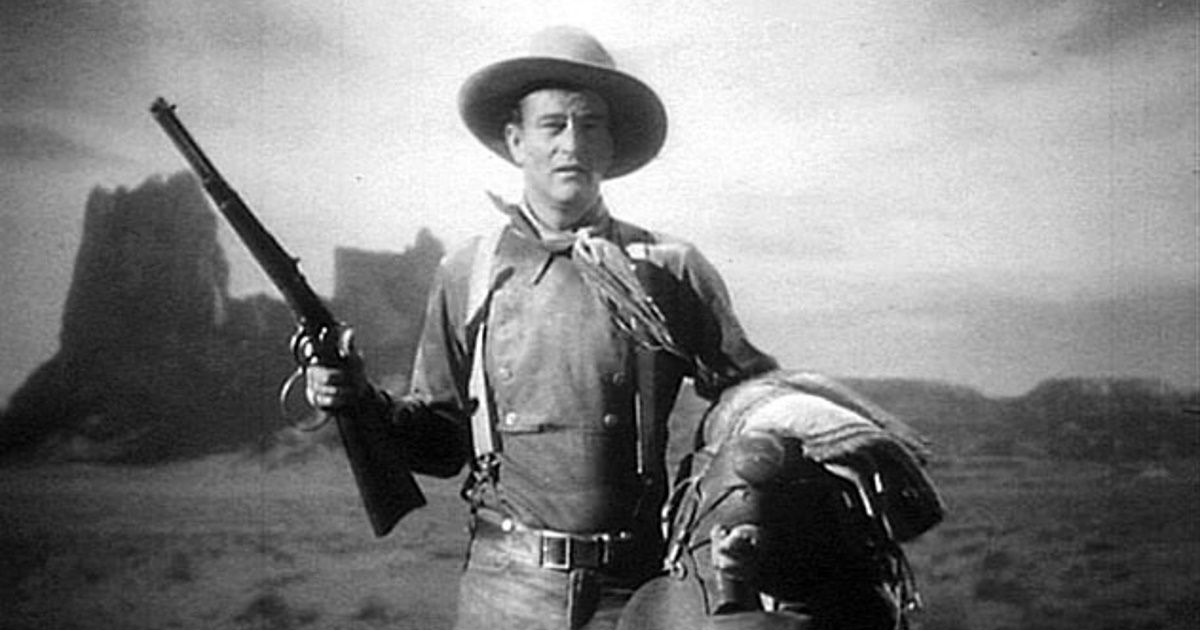 United Artists
United Artists.jpg) United Artists
United Artists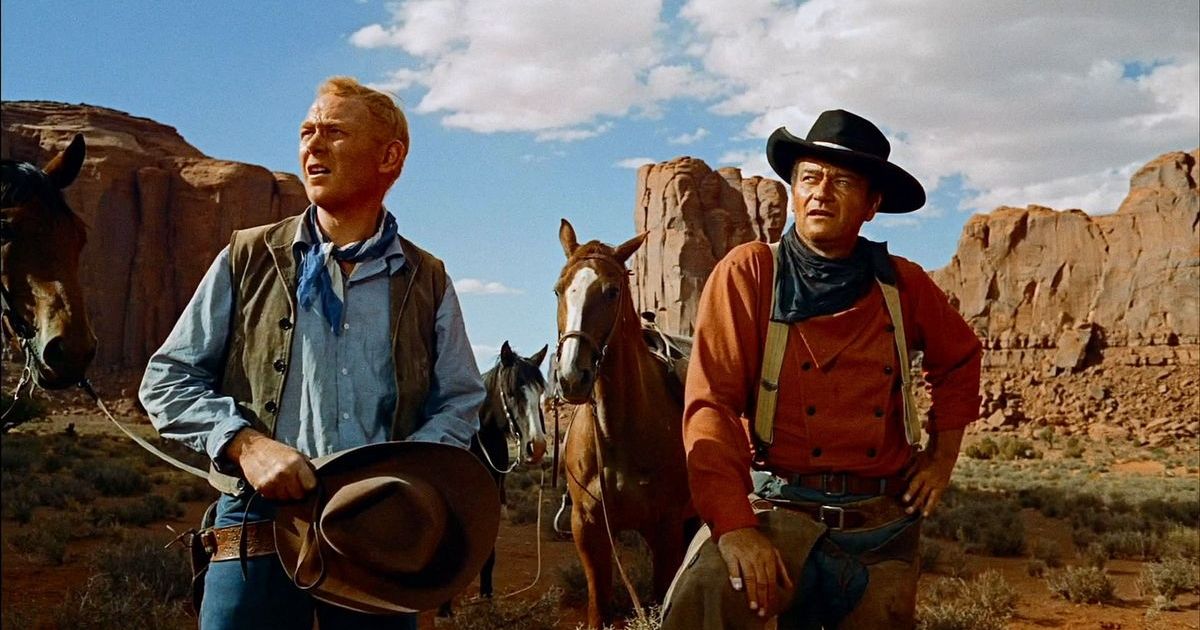 Warner Bros.
Warner Bros.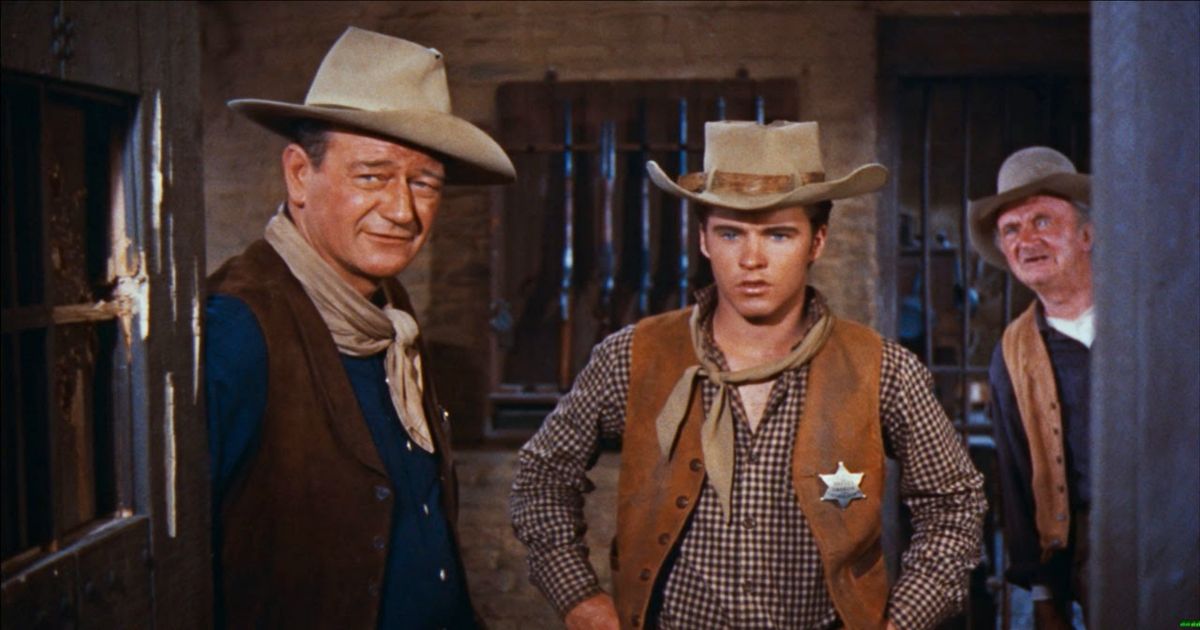 Warner Bros.
Warner Bros.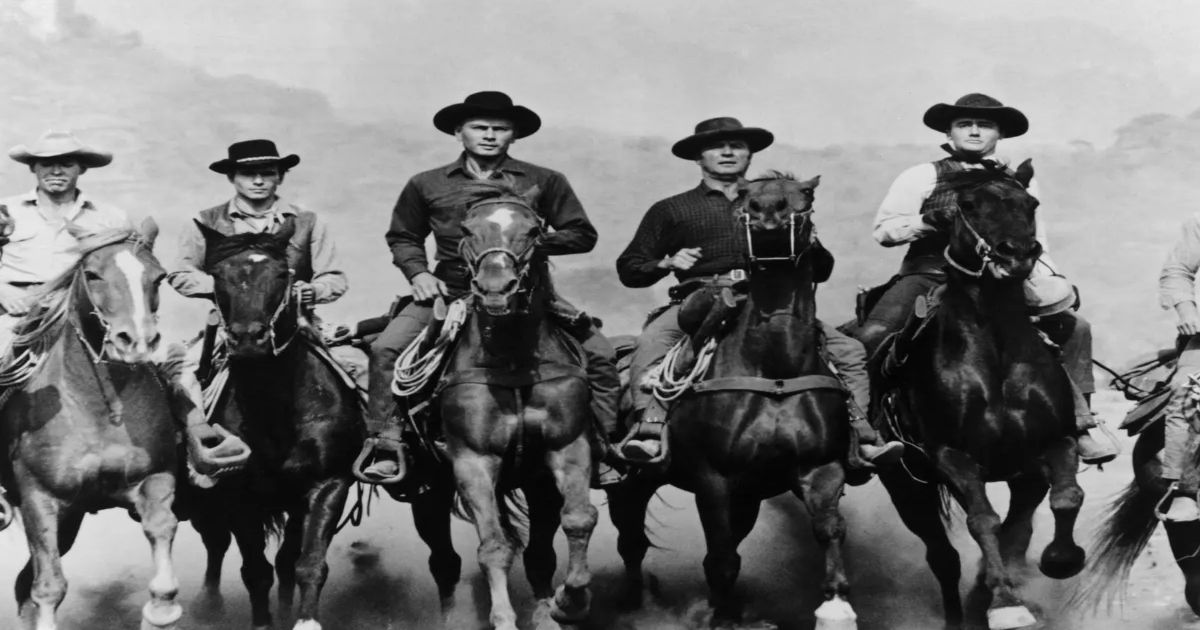 United Artists
United Artists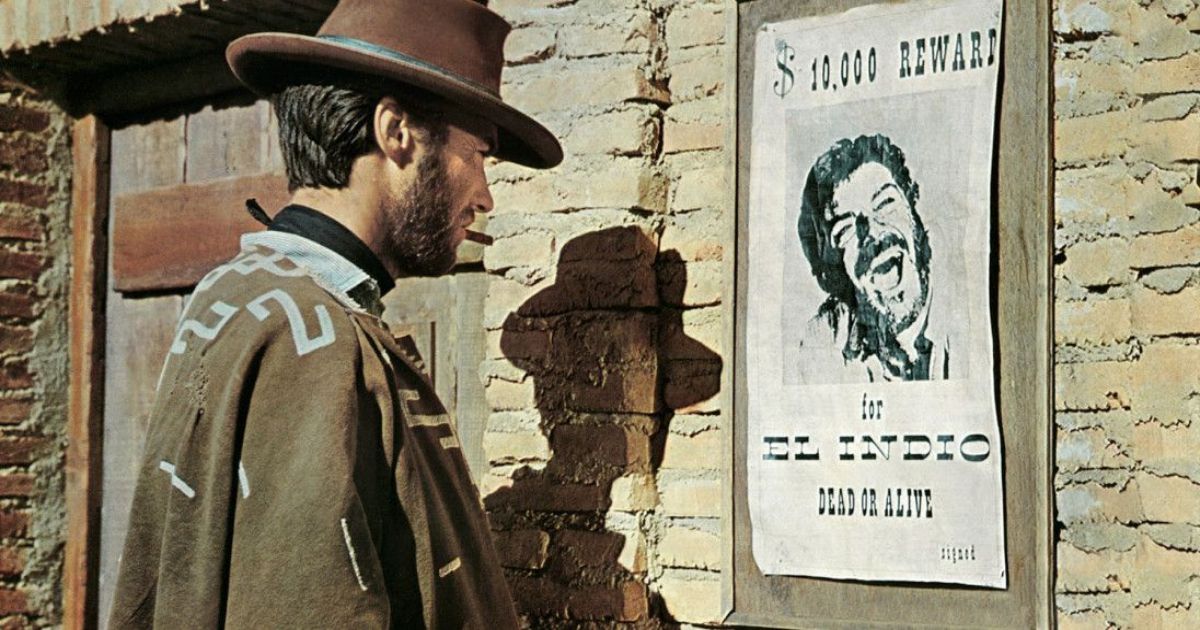 Jolly Film
Jolly Film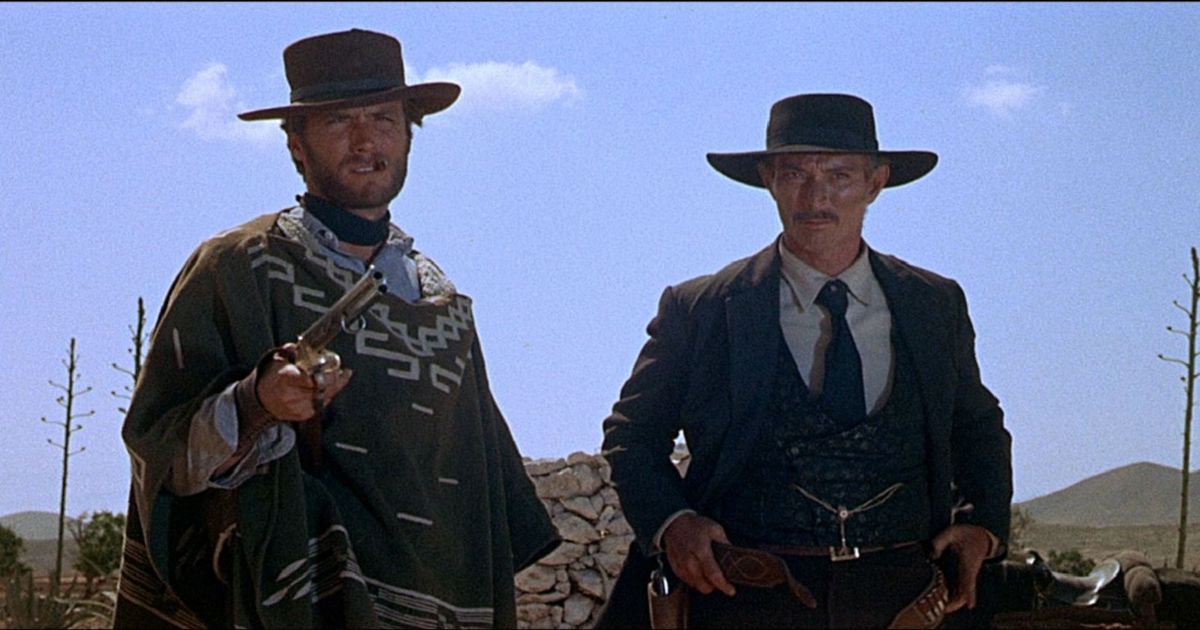 Produzioni Europee Associati
Produzioni Europee Associati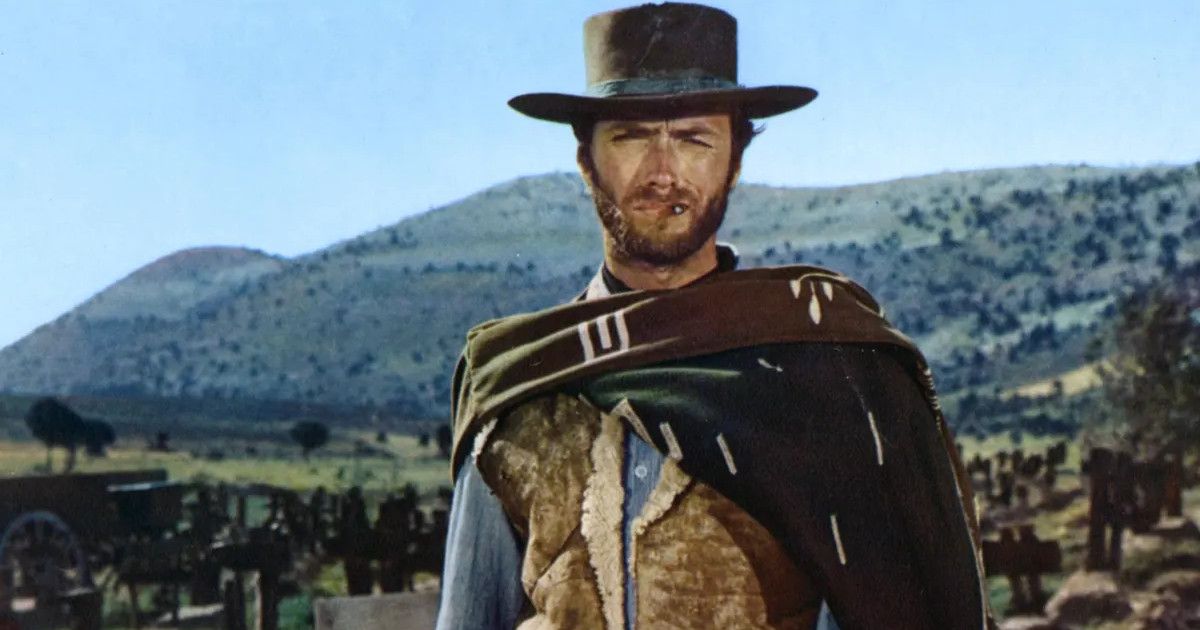 United Artists
United Artists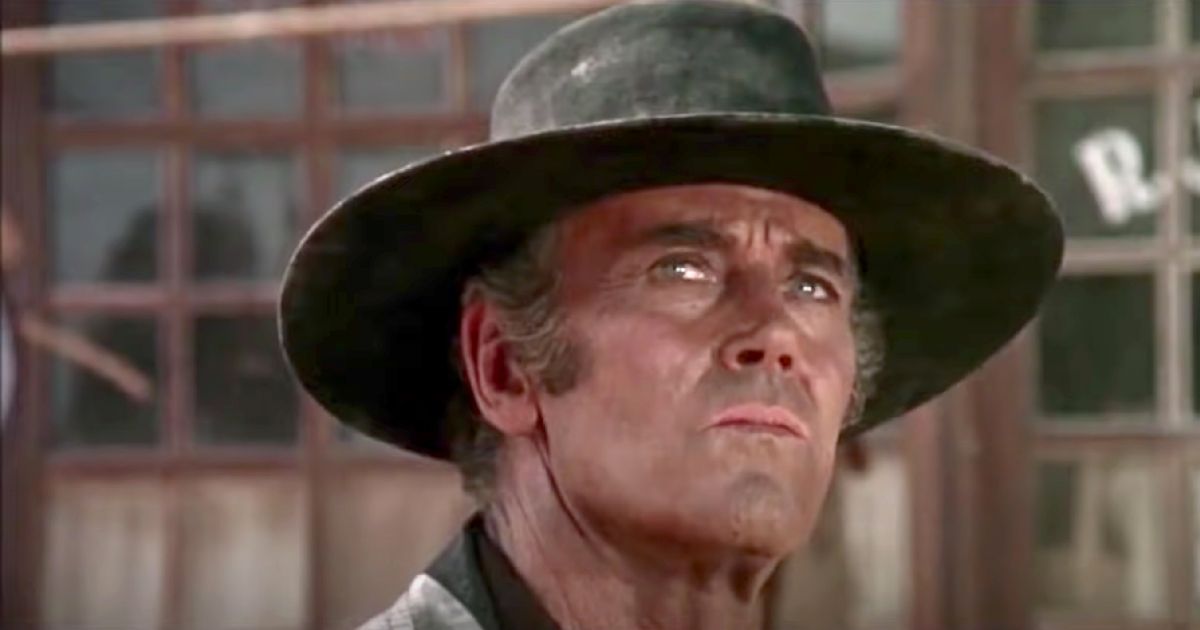 Paramount Pictures
Paramount Pictures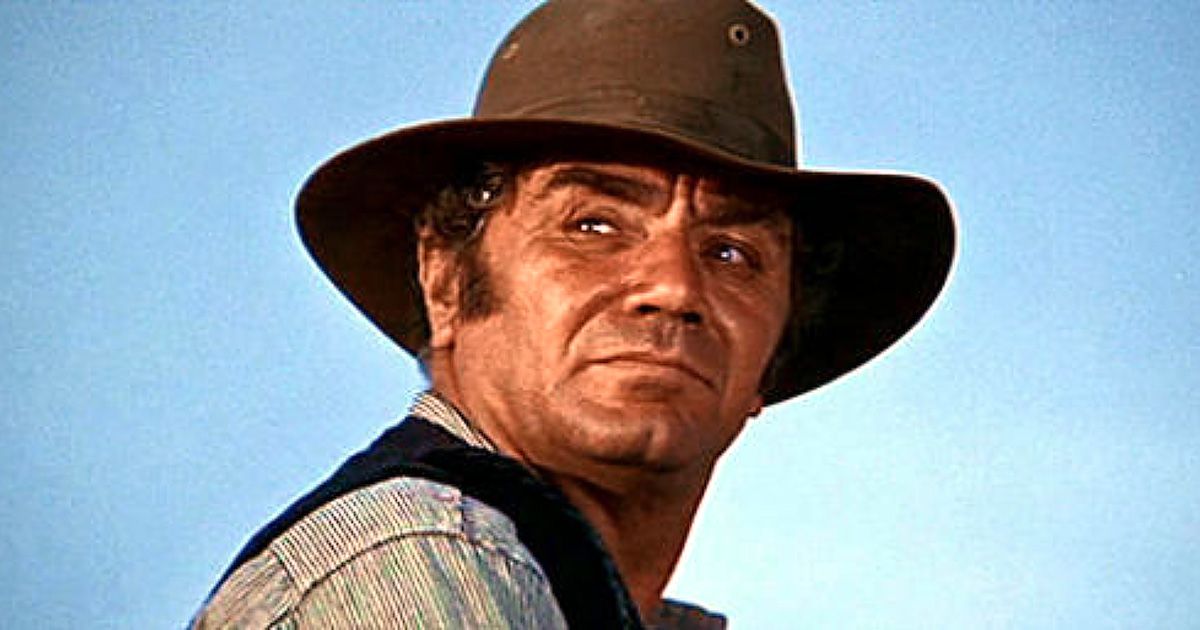 Warner Bros.-Seven Arts
Warner Bros.-Seven Arts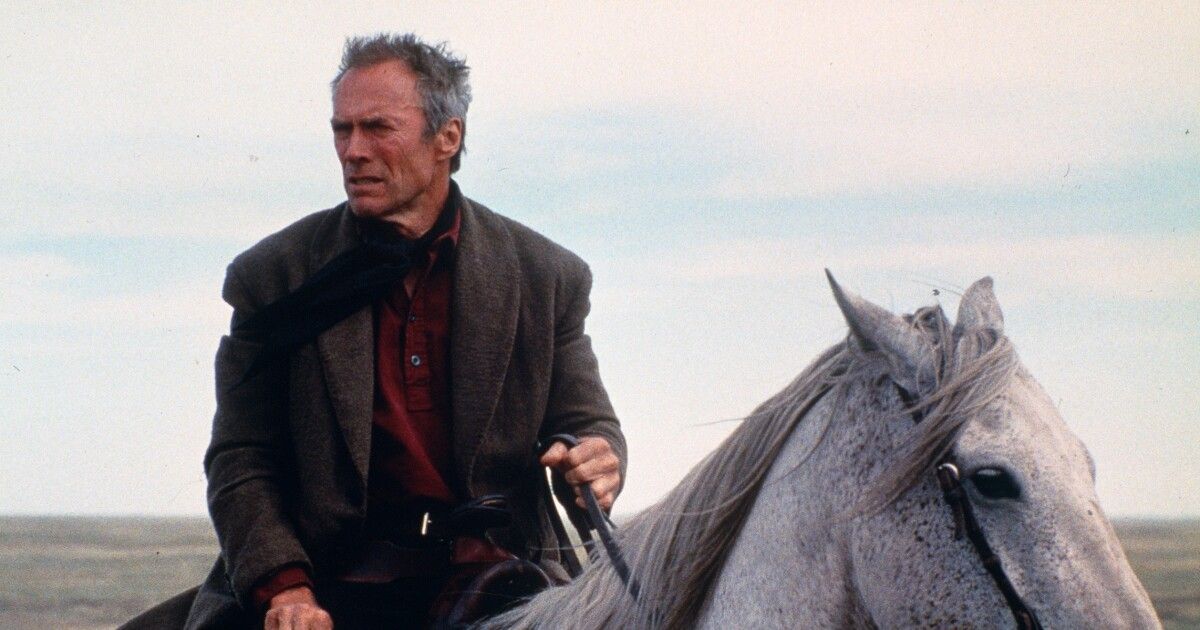 Warner Bros.
Warner Bros.

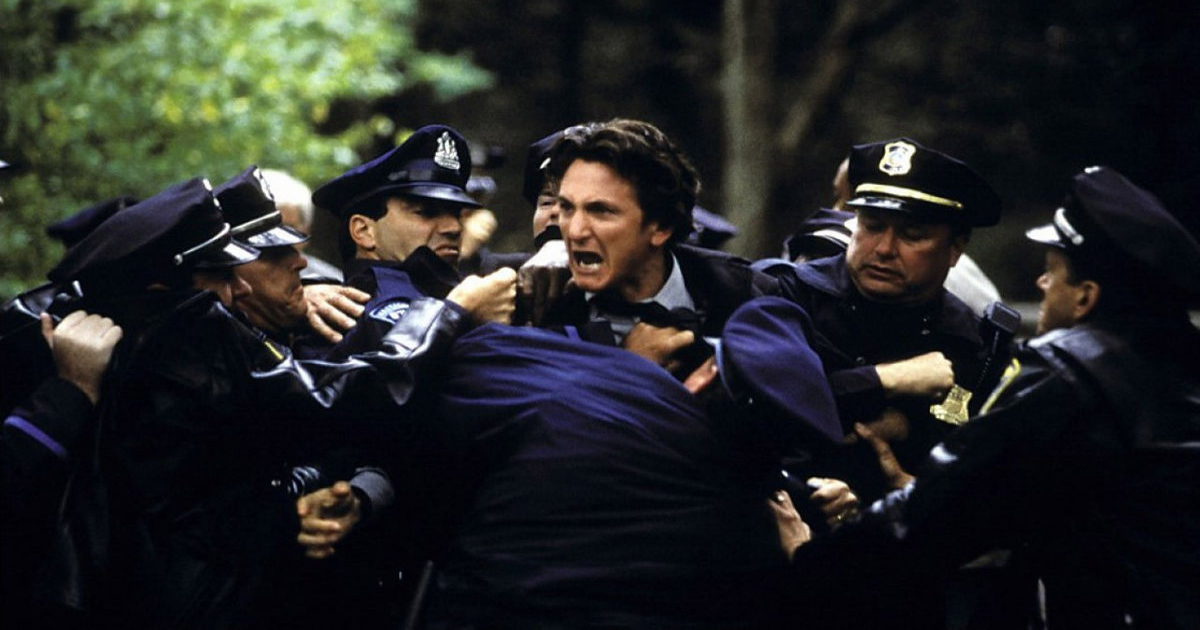 Warner Bros.
Warner Bros.

